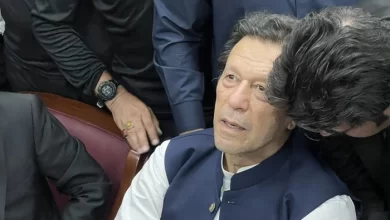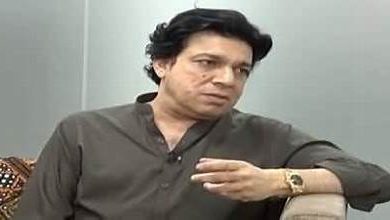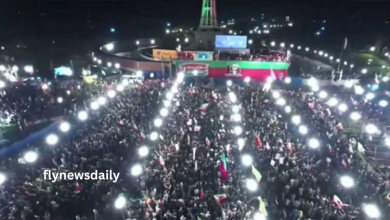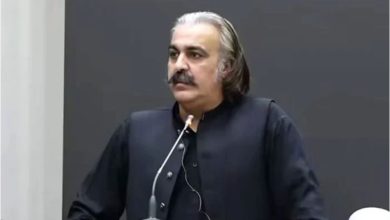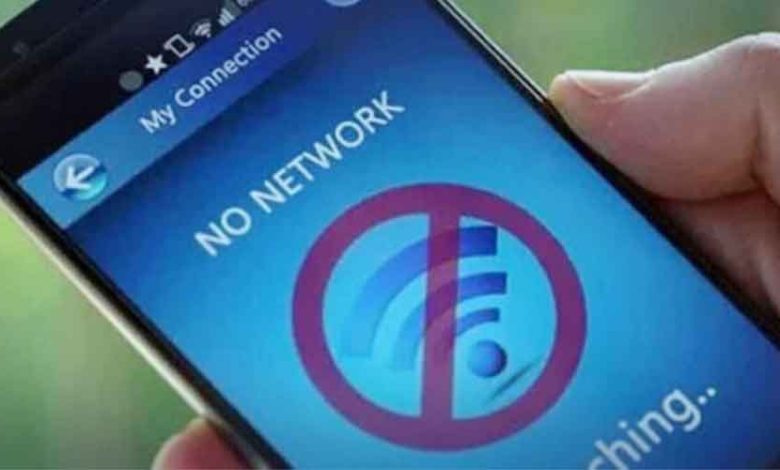
The political climate in Pakistan continues to heat up as the Pakistan Tehreek-e-Insaf (PTI) gears up for yet another large-scale protest. These protests often bring more than just political discourse; they are accompanied by disruptions to daily life, including interruptions in mobile services. Here’s everything you need to know about today’s PTI protest and its potential impact on mobile connectivity.
The PTI Protest: A Closer Look at Today’s Demonstration
Today’s protest, organized by PTI, aims to address several grievances against the current government. Demonstrations are expected to take place across major cities, with rallies planned in Islamabad, Lahore, and Karachi. Historically, these events have drawn massive crowds, often causing logistical challenges for law enforcement and disruptions for citizens.
Authorities have expressed concerns over maintaining public order, which has led to the decision to potentially disrupt mobile services in affected areas. While the protest highlights the democratic right to assembly, its implications for communication services have sparked widespread debate.
Why Mobile Services Are Disrupted During Protests
Disrupting mobile services during protests has become a common practice in Pakistan. The rationale behind this move includes:
- Preventing Misuse of Communication Channels: Authorities aim to prevent the spread of misinformation or incitement to violence through social media platforms.
- Ensuring Public Safety: Mobile service suspensions are seen as a preventive measure to curb coordination of unlawful activities.
- Minimizing Crowds: Disrupting communication can sometimes discourage mass gatherings, which could pose security threats.
While these measures are intended to maintain law and order, they often come at the expense of public convenience and economic activities.
Regions Expected to Be Affected by Service Disruption
Mobile services are likely to be disrupted in areas with high protest activity. These include:
- Islamabad: As the federal capital, Islamabad often sees heightened security measures during political events.
- Lahore: Punjab’s provincial capital is a PTI stronghold, and large-scale protests are anticipated here.
- Karachi: With its vast population, any disruption in Karachi has ripple effects on businesses and daily life.
Disruptions may include temporary suspension of cellular networks, mobile internet services, and even Wi-Fi hotspots in some areas.
How Mobile Service Interruptions Impact Daily Life
Service disruptions during protests significantly affect daily life for millions of Pakistanis. Here’s how:
- Communication Breakdown: Families, businesses, and emergency services face challenges in staying connected.
- Economic Losses: Businesses relying on digital transactions, such as e-commerce and ride-hailing services, face significant setbacks.
- Education: Students and professionals who depend on online platforms for learning or work are left stranded.
- Emergency Services: Interruptions hinder access to vital services like hospitals and law enforcement.
The repeated use of this tactic has led to criticism, with many calling for more effective ways to balance security concerns and public convenience.
Preparations You Can Make Ahead of a Mobile Service Disruption
To minimize inconvenience during potential disruptions, we recommend the following steps:
- Download Important Information: Save maps, contacts, and emergency details offline in advance.
- Plan Alternative Communication Channels: Use landlines or pre-arranged meeting points for urgent communications.
- Keep Cash Handy: With digital payments disrupted, cash remains the most reliable form of transaction.
- Charge Your Devices: Ensure that all electronic devices are fully charged and portable power banks are available.
These proactive measures can help mitigate the challenges posed by unexpected service interruptions.
Legal and Ethical Concerns Surrounding Service Disruptions
The recurring use of service disruptions during protests has sparked debate about its legality and ethical implications. Critics argue:
- Violation of Rights: Interrupting communication may infringe upon citizens’ fundamental rights to freedom of expression and access to information.
- Economic Costs: The financial toll on businesses, particularly small enterprises, is considerable.
- Global Image: Frequent disruptions portray a negative image of Pakistan’s technological and governance capabilities on the international stage.
While the government cites security concerns, the practice remains a contentious issue both domestically and globally.
What to Expect After Today’s Protest
Once the protest concludes, services typically resume in a phased manner. However, delays are common as telecom providers work to restore networks. It’s advisable to:
- Monitor news updates for the latest information.
- Use secure and verified sources for any urgent announcements.
- Reach out to customer service hotlines for telecom providers for updates on network restoration.
Conclusion: Balancing Security and Convenience
While the PTI protest underscores the importance of democratic participation, its implications for mobile services highlight a broader challenge for governance. Striking a balance between ensuring public safety and maintaining essential communication services is crucial. As protests and political activities continue to shape Pakistan’s landscape, a long-term strategy to manage such disruptions effectively is needed.
